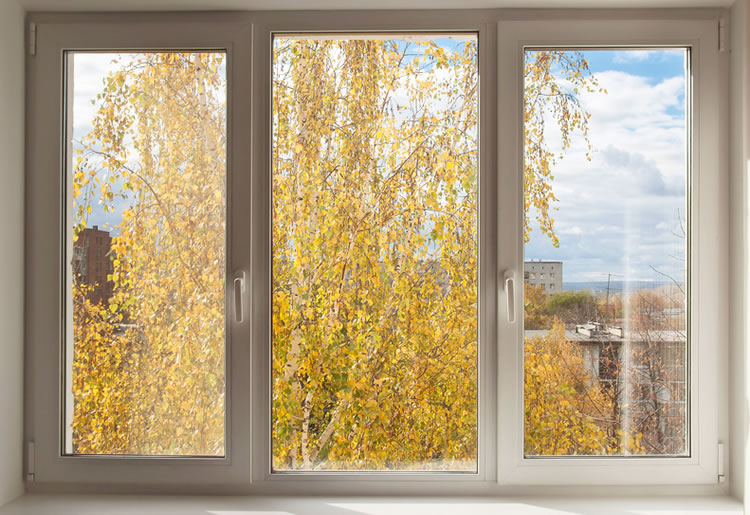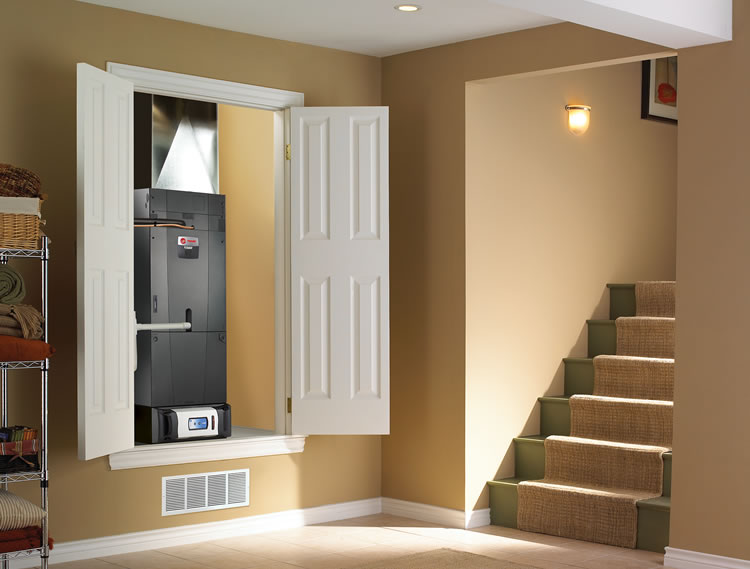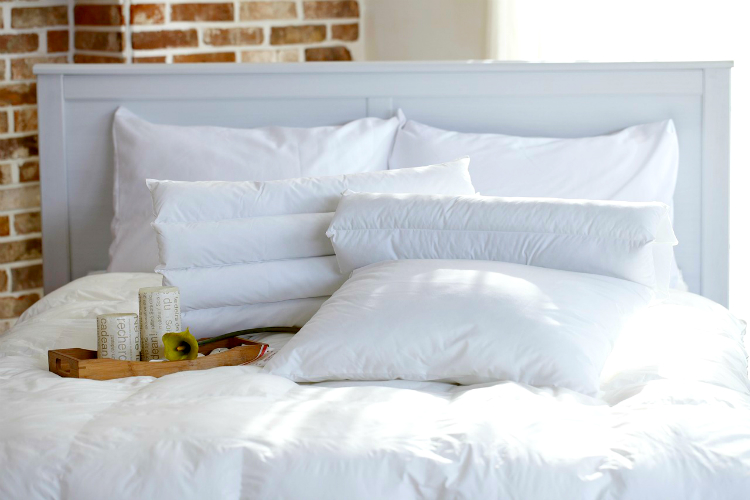Better Living uses affiliate links. If you make a purchase through them, we may receive a small commission (for which we are deeply grateful) at no cost to you.
This is a sponsored post courtesy of Trane Heating & Cooling.
Atchoo!!! It’s that time of year and this allergy season the pollen counts are really high. That means many of us are going to be suffering from things like itchy, watery eyes, scratchy throats, nasal congestion and even fatigue. You’re probably thinking “Tell me about it!” When we inhale pollen, our body treats it like a foreign invader and reacts with an immune response. That’s when we start sneezing like crazy and our eyes start to water like Niagara Falls. Some treatments for these allergy symptoms include medications like over the counter anti-histamines, steroidal nasal sprays, and acupuncture. But the best treatment for seasonal pollen allergies is avoidance. And the air quality of your home plays a huge part. Jay Ayers, Indoor Air Quality Product Manager at Trane Heating and Cooling offers us his 10 best tips for reducing allergy symptoms when pollen season is in full effect.
1. Remove clothes and shoes immediately after coming indoors
While you may not see it physically on your clothes, pollen easily attaches to you and your pets when outside, so try to change when you come back inside to make sure you’re not spreading the pollen to your furniture or other areas of the home. For your pets, give them a wipe down with pet wipes to help eliminate pollen stuck on their fur.
2. Wash clothing and bedding once a week
While you may not be lying in bed, wearing the same clothes you just wore outside, pollen does travel in the air, so wash bedding once a week to stop pollutants from settling in! Keep in mind that the washing machine must reach 130 degrees Fahrenheit in order to kill pollutants, dust mites, and their eggs, so use a hot water cycle.
3. Use a clothes dryer, not on an outdoor line
Avoid line drying your clothes and bedding outside when the pollen count is high, it will defeat the purpose of cleaning your clothes when you bring them inside.
4. Keep doors and windows closed a much as possible
While we often want to open our windows to bring in fresh air after being cooped up all winter, we also invite in the pollen and allergens that come with spring. It’s also beneficial to install an air cleaning system that improves your home’s air quality like the Trane CleanEffects Whole-Home Air Filtration System. This patented system uses revolutionary technology to remove up to 99.98 percent of airborne particles from the air we breathe at home by reducing harmful bacteria and allergens, like pollen, dust, pet hair, tobacco smoke, bacteria and more.
5. Take allergy medicine before going outside
Most allergy medicines work best when taken this way. This allows the medicine to prevent your body from releasing histamine and other chemicals that cause symptoms.
6. Dust and vacuum on a regular basis
Making this a part of your routine several times a week will definitely help with anything tracked into your home, or that may have floated in when windows or doors were open.
7. Place certified bedding on all mattresses and pillows
Certified hypoallergenic and allergy free bedding will keep allergens from seeping in. Make sure the bedding you buy fully encases the entire bed and pillows so that no pollutants can make themselves at home.
8. Change up your bedtime routine
Switching shower time to at night just before bedtime can reduce allergy symptoms. Allergens from the day that stick to hair and face will be washed off and not transferred to your clean pillows and bedding.
9. Keep your garden in shape
Keeping your lawn and garden trimmed and pruned throughout spring will stop the longer blades from holding as much pollen from the trees and flowers.
10. Educate yourself, check the pollen count and plan accordingly
It’s always good to familiarize yourself with the weather. Know the best times of the day to be outside, ideally when the pollen count is at its lowest. It’s usually at its worst first thing in the morning!
Looking to improve the air quality of your home and keep those allergens away? Click the links to learn more about Trane’s Perfect Fit Reusable Filter and Trane’s CleanEffects™ Air Filtration system.





